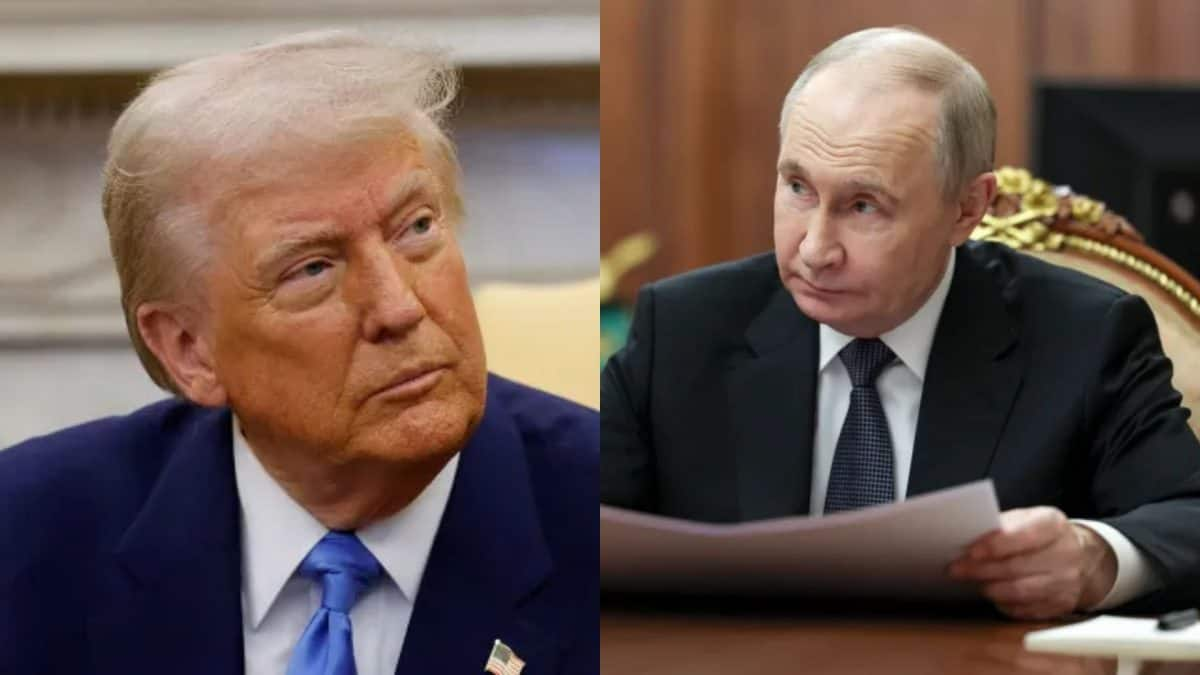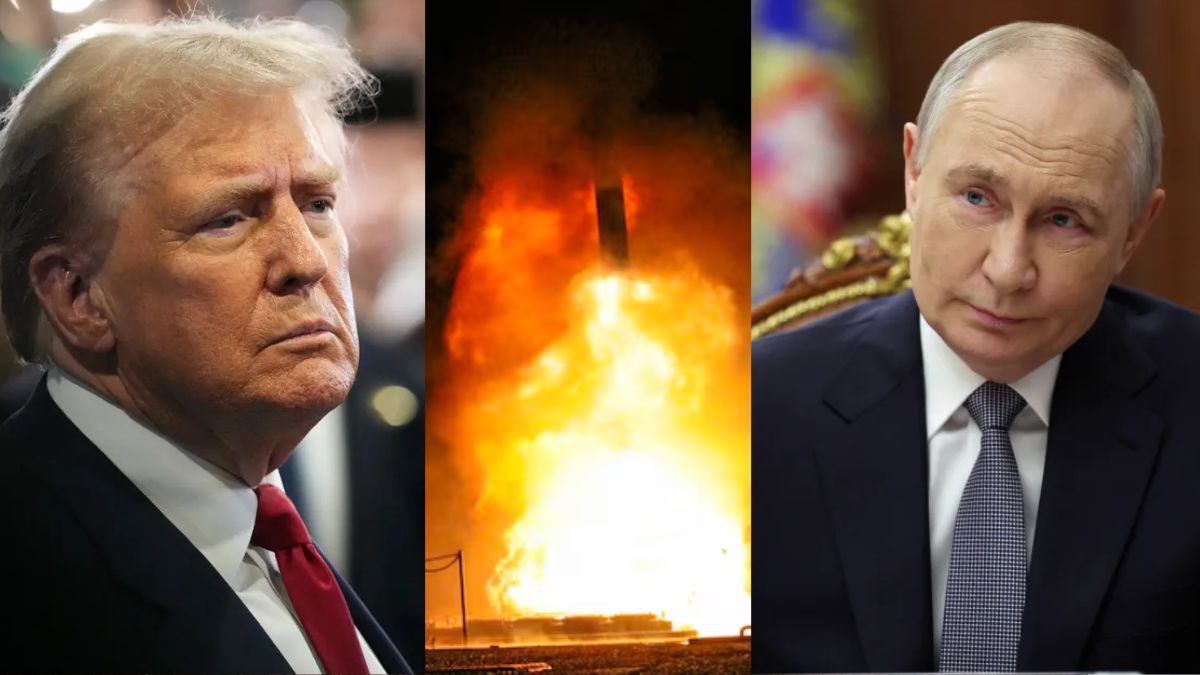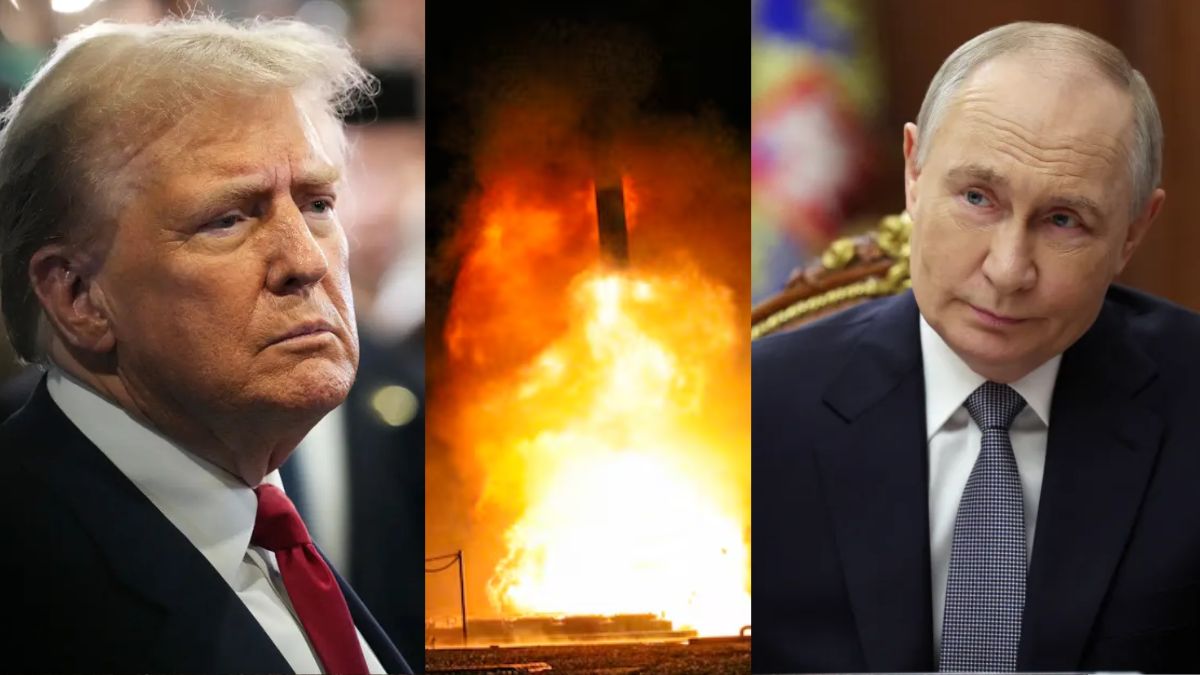British Prime Minister Keir Starmer’s push to deepen ties with China is drawing criticism at home amid the collapse of a high-profile espionage case, raising questions about whether economic ambitions are being pursued at the expense of national security.
Last week, prosecutors announced they were dropping the trial of two British men accused of spying for China in parliament, after the government reportedly refused to declare Beijing a national security threat.
Starmer’s administration denies any interference to protect diplomatic relations, but opposition lawmakers and security experts argue the decision reflects a pattern of prioritising engagement with Beijing over safeguarding Britain’s domestic security.
“This is the sixth time the government has seemed to favour improved relations with China over security or human rights concerns,” opposition MP David Jones told BBC News. Critics also highlight the government’s failure to publish a long-delayed audit of UK-China relations and its omission of China from a list of countries subject to stricter foreign influence rules.
Balancing trade and security
Starmer’s government has framed engagement with China as crucial for the UK economy, particularly post-Brexit. China is Britain’s fifth-largest trading partner, accounting for 5.5% of trade. However, British exports to China fell 12% in the year to March, the second-sharpest decline among the country’s top 20 partners since Labour took office in July 2024. Foreign investment from China remains minimal, contributing just 0.2% of total inward investment.
“We fully recognise that China poses a series of threats to UK national security, yet we must also be alive to the fact that China does present us with opportunities,” Security Minister Dan Jarvis told parliament this week. Britain has largely focused on expanding services exports, such as wealth and pension products, which rose 12% to £13.2 billion ($17.6 billion), rather than goods like cars or pharmaceuticals, which face tariff and regulatory uncertainties.
Impact Shorts
More ShortsFormer trade adviser Allie Renison, now at SEC Newgate warned that Beijing’s approach is holistic and strategic, not compartmentalised. “China doesn’t play silos, the way the UK might want. They could curtail investments in renewable infrastructure or other sectors if they felt politically challenged,” she told Reuters.
Political fallout
The espionage case has become front-page news, exposing Starmer to criticism that he is weak on national security. MI5 chief Ken McCallum emphasised the tightrope the government walks: “I will never back off from confronting threats to the UK,” he told CNN, underscoring that engagement with China must be balanced with defence imperatives.
Starmer also faces scrutiny over a politically sensitive decision regarding China’s planned embassy in London, set to become Europe’s largest. Former security officials suggest that rejecting the embassy now would be diplomatically complex, yet approving it could feed perceptions that economic interests are taking precedence over security.
Strategic necessity or overreach?
Despite domestic criticism, proponents argue that the UK cannot afford to ignore Beijing. “Can Britain – post-Brexit – afford not to have an economic relationship with the second-largest economy in the world? No, it can’t,” a former senior security official told Aljazeera. Another former diplomat noted that China leads in many emerging technologies and that cooperation could provide Britain with critical investment and know-how.
The Starmer government’s approach highlights the delicate balance between economic opportunity and political risk. With the global economy still reeling from trade disruptions and Britain’s domestic growth challenges, forging a functional relationship with China may be necessary but missteps, such as the collapsed spying trial, threaten to overshadow the potential gains.
As the UK navigates this high-stakes engagement, observers will be watching whether Starmer can secure the economic benefits without undermining national security or domestic political credibility.


)

)
)
)
)
)
)
)
)



